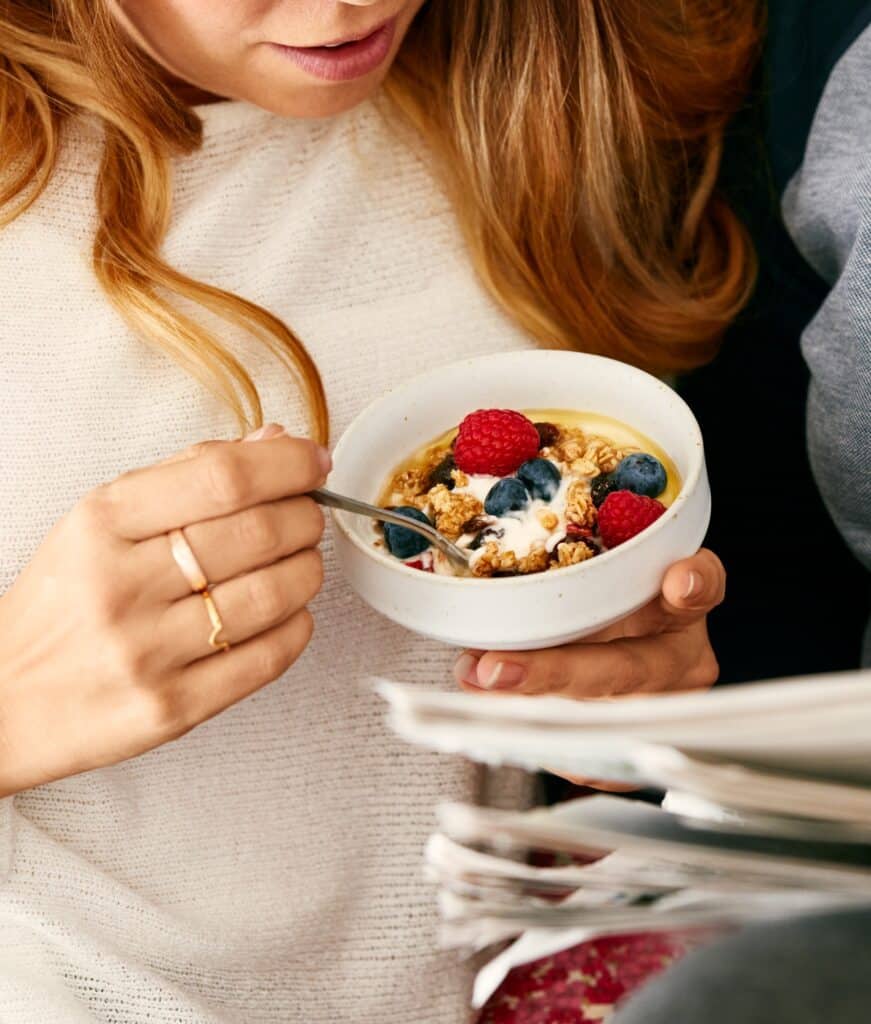The decision to implant the allurion gastric balloon is the first step on the road to losing weight.
To get the most out of this method of combating overweight and obesity, it is important to prepare properly. Here are some allurion gastric balloon dietary tips to help you on your journey to health.
Prepare about a week before implementation:
- Make sure your body is properly hydrated, consuming 2-2.7 liters of water (or other fluids) per day.
- Continue taking medications prescribed by your doctor.
The day before arriving at the clinic:
- Drink fluids.
- Take the medications prescribed by your doctor.
- In the evening, you can eat a small, easily digestible meal.
On the day of balloon implantation, the following allurion gastric balloon diet is recommended:
- Continue taking medications prescribed by the doctor.
- Stop consuming food 8 hours before the scheduled implementation, and during this time drink only clear liquids, such as tea or still water.
- In the morning, do not consume any food. You can drink still water up to 2 hours before the procedure.
- 2 hours before the balloon is placed, stop consuming any fluids.
In the first few days after the balloon is placed in your stomach, you may experience nausea, stomach cramps, and even vomiting. These are perfectly normal symptoms that usually subside within a few days. It is advisable to consume a post-operative diet for allurion balloon such as clear liquids for at least the first 24 hours and preferably maintain this condition for 48 hours.
A sample meal plan for allurion gastric balloon includes choosing from:
- still water,
- diluted juice,
- warm broth or skim broth,
- herbal tea, such as chamomile tea,
- tea or decaffeinated coffee with milk,
- isotonic drinks for athletes without added sugar,
- coconut water.
If you have stomach cramps, drinking liquids that are slightly warm or at room temperature can provide relief. During the first week, gradually increase the amount of fluid you drink to at least 2 liters a day. To minimize stomach irritation, it is recommended to avoid caffeine and alcohol throughout the program. In addition, avoid carbonated beverages, which can fill the stomach with gas and cause discomfort.
Post-operative diet for allurion balloon include most people returning to solid food consistency, although sometimes this process can be prolonged, depending on the symptoms present.

If you feel comfortable, you can gradually switch to soft foods, such as:
- natural yogurt/high-protein yogurt (fat-free Greek yogurt), skyr yogurt combined with fruit,
- low-fat milk,
- sugar-free protein shake,
- low-fat cottage cheese or country cheese,
- oatmeal with high-protein yogurt,
- blended chicken or turkey/fish and vegetable purée,
- scrambled eggs with vegetable purée,
- soft-boiled egg,
- blended vegetable soup with a portion of poultry,
- blended beans/lentil soup,
- soft roasted fruit without skin with a serving of protein, e.g., skyr, cottage cheese.
It is important to start with small steps and progress at your own pace. It is recommended to eat small portions, chew each bite thoroughly, and stop eating when you feel full. Avoid eating and drinking at the same time to make room for nutritious meals. It is also a good habit to leave drinking for about 30 minutes before and after eating. Then, over the following weeks, you can slowly transition to normal, well-chopped solid foods.
Within 1-2 weeks, most people are back to eating solid foods and snacks. At this stage, it is important to make the transition to a healthy lifestyle, making conscious dietary decisions that support healthy weight loss.
Leafy vegetables (lettuce, cabbage, spinach, lamb’s lettuce, lettuce, kale, and arugula) and those that are hard and fibrous (carrots, peppers, radishes, asparagus, and fruit peels) can be more difficult to digest, especially in the first weeks of diet expansion. Therefore, these foods are recommended to be introduced for only 2 weeks as allurion gastric balloon diet. Tolerance to raw products is an individual matter, but it is recommended to introduce them gradually, chew them thoroughly, and observe the body for any indigestion.
In addition, it is recommended to take an A-Z supplement, even if the diet is healthy. Supplementation can help supplement any nutritional deficiencies.
SUMMARY
- Avoid carbonated beverages, alcohol, and caffeine.
- Chew each food thoroughly, spending about 20 minutes per meal.
- Drink fluids 8–10 times a day in 100–150 ml portions, monitoring urine color to ensure adequate hydration.
- Drink no later than 30 minutes before a meal and only 30 minutes after.
- Avoid foods with too strong a taste—too sweet, spicy, sour, fatty, hot, or cold.
- Consume meals slowly, stopping eating when you feel full, even if that means leaving food on your plate.
- If vomiting or severe discomfort occurs during diet expansion, return to a liquid diet for 24 hours.
- Make sure most meals include a portion of protein.
- Take medications and vitamins as prescribed.









